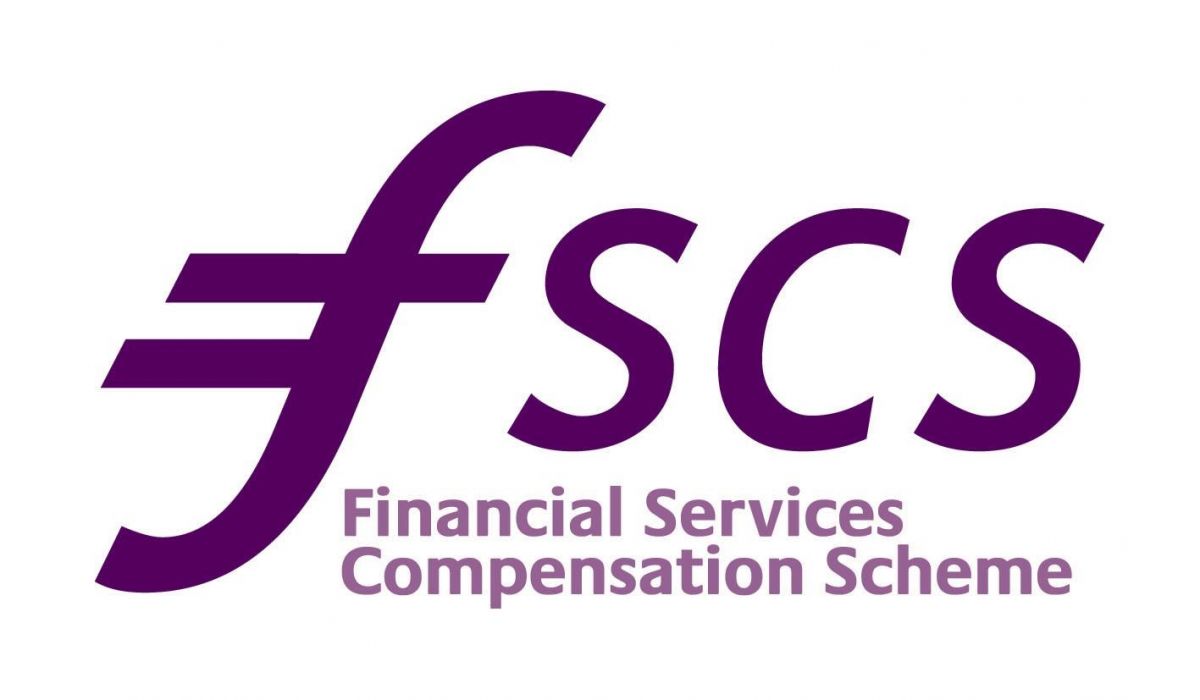With changes to Capital Gains Tax (CGT) and Inheritance Tax (IHT) likely this year, research by FounderCatalyst has suggested that investing in start-ups with HMRC’s Enterprise Investment Scheme (EIS) could be an “attractive asset class”.
New analysis from the legal-tech firm revealed the number of start-up investments needed in order to receive the optimal return is approximately 25 – leading to a 2.77 times return, or a 3.19 times return, when taking into account the 30% tax relief with EIS.
FounderCatalyst stated that returns would be even higher if using the Seed Enterprise Investment Scheme (SEIS).
The firm’s research indicated that this optimal number of investments is higher than the actual average number of investments made by angel investors – the term for those who provide capital for a business start-up. This average number of investments, which the figures revealed sits at 17, shows that many angel investors could optimise their portfolio by increasing its size over time.
FounderCatalyst said its findings suggest that despite the coronavirus pandemic, UK start-ups are an attractive asset class for investors, especially given the SEIS and EIS tax relief – which would be exempt from any increases to CGT and IHT.
“Angel Investing is increasingly seen as an attractive asset class especially at a time when tax reliefs are being squeezed and CGT and IHT are under review,” said FounderCatalyst COO, Sam Simpson.
“Angel wisdom has always dictated that you ‘shouldn’t put all of your eggs in one basket’ but I’ve never been able to find an analysis of exactly how many eggs I should have to optimise my portfolio. This analysis shows a portfolio of 25 companies is the sweet spot.
“It would be remiss not to acknowledge that angel investing isn’t for everyone – it is a relatively illiquid asset class – and to take advantage of the SEIS and EIS schemes you need to hold the investment for at least three years. Before investing, you should also consider the potential impact of coronavirus and Brexit on the business model of the investee company.”
Latest News
-
Metro Bank hits record growth in corporate and commercial lending
-
Intermediary confidence softens slightly in Q4 – IMLA
-
Record flows drive Quilter’s AUMA to £141bn
-
8.6 million savings accounts exposed to tax
-
Mortgage lending rises 16% in 2025 – UK Finance
-
Nationwide doubles households who can benefit from 0% green home borrowing
Mortgage Advice Bureau and AI in the mortgage sector
Chief executive officer at Mortgage Advice Bureau, Peter Brodnicki, and founder and managing director at Heron Financial, Matt Coulson, joined content editor Dan McGrath to discuss how Mortgage Advice Bureau is using artificial intelligence to make advancements in the mortgage industry, the limitations of this technology and what 2026 will hold for the market
Perenna and the long-term fixed mortgage market

Content editor, Dan McGrath, spoke to head of product, proposition and distribution at Perenna, John Davison, to explore the long-term fixed mortgage market, the role that Perenna plays in this sector and the impact of the recent Autumn Budget
NEW BUILD IN FOCUS - NEW EPISODE OF THE MORTGAGE INSIDER PODCAST, OUT NOW

Figures from the National House-Building Council saw Q1 2025 register a 36% increase in new homes built across the UK compared with the same period last year, representing a striking development for the first-time buyer market. But with the higher cost of building, ongoing planning challenges and new and changing regulations, how sustainable is this growth? And what does it mean for brokers?
Does the North-South divide still exist in the UK housing market?

What do the most expensive parts of the country reveal about shifting demand? And why is the Manchester housing market now outperforming many southern counterparts?
In this episode of the Barclays Mortgage Insider Podcast, host Phil Spencer is joined by Lucian Cook, Head of Research at Savills, and Ross Jones, founder of Home Financial and Evolve Commercial Finance, to explore how regional trends are redefining the UK housing, mortgage and buy-to-let markets.
In this episode of the Barclays Mortgage Insider Podcast, host Phil Spencer is joined by Lucian Cook, Head of Research at Savills, and Ross Jones, founder of Home Financial and Evolve Commercial Finance, to explore how regional trends are redefining the UK housing, mortgage and buy-to-let markets.
© 2019 Perspective Publishing Privacy & Cookies









Recent Stories